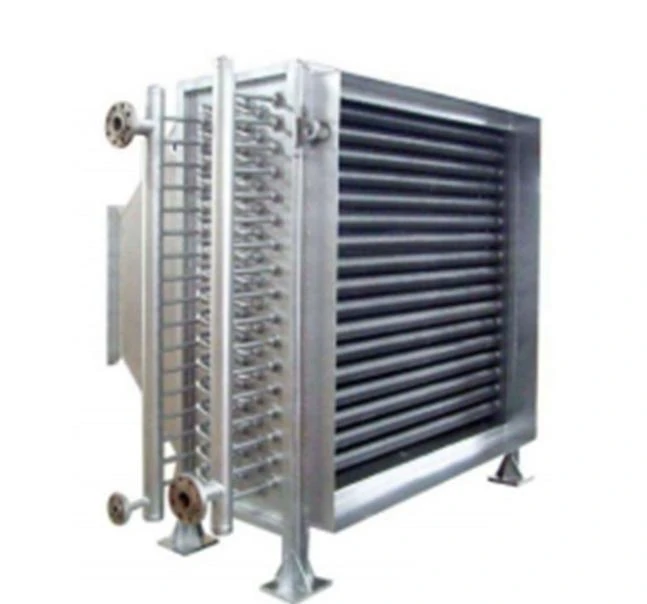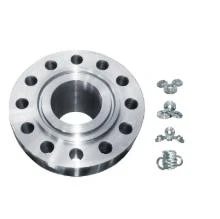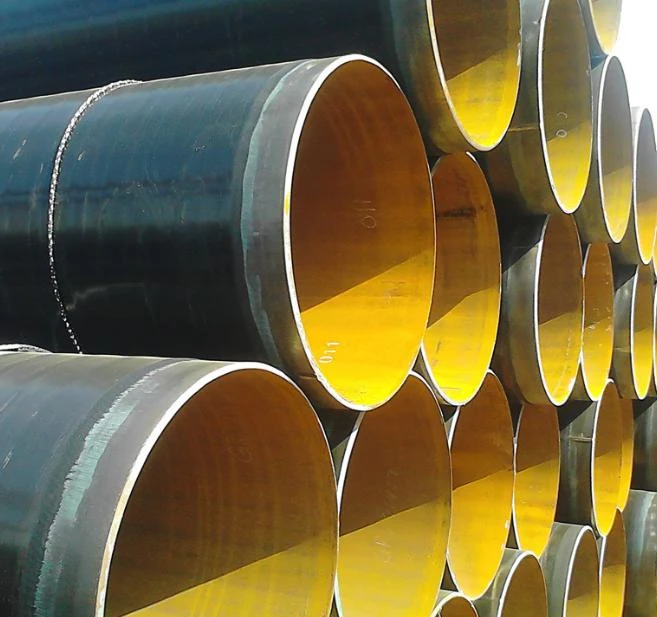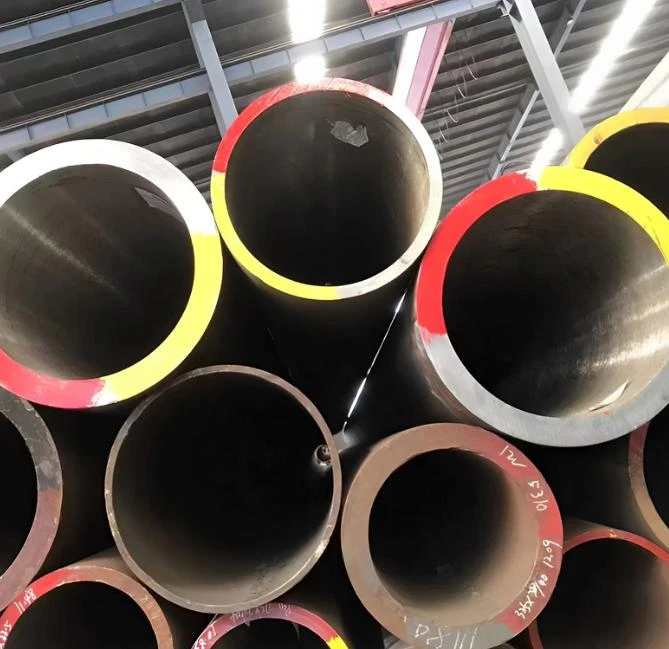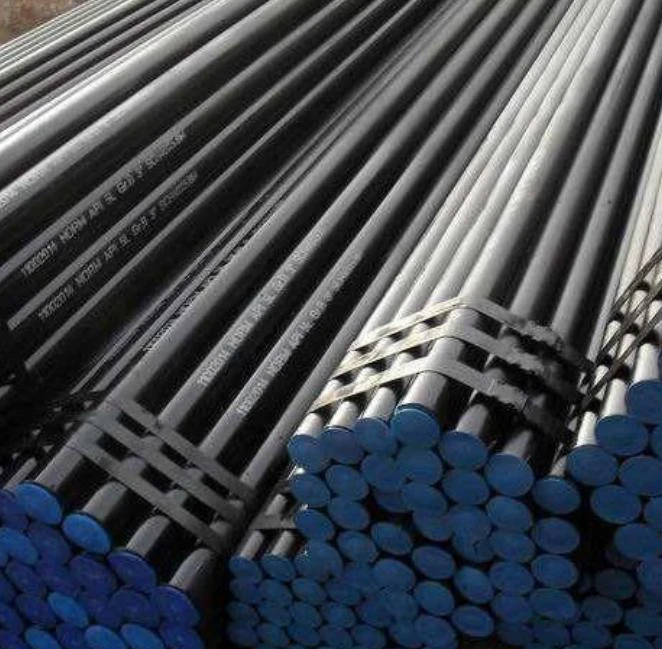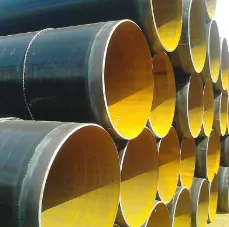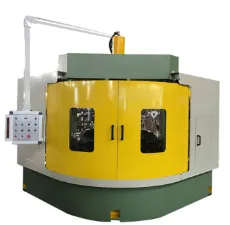- Overview of bore well casing pipe cost
-related decisions and factors - Understanding material choices and their price impacts
- Technical benefits that influence long-term investment
- Comparative analysis of leading manufacturers
- Customized bore well casing pipe solutions for varying requirements
- Real-world applications and case studies with quantitative insights
- Final reflections on the bore well casing pipe cost for optimized selection
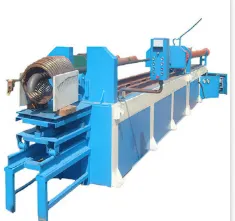
(bore well casing pipe cost)
Essential Insights into Bore Well Casing Pipe Cost
When investing in a water well system, understanding the key aspects of bore well casing pipe cost is crucial for both budget-conscious customers and those seeking long-term reliability. The total expenditure depends on a blend of material selection, pipe diameter, wall thickness, depth of bore, installation approach, and the credibility of the supplier. Assessing these parameters not only affects initial outlay, but also future maintenance and sustainability.
Industry data indicates that casing pipes constitute 30-50% of the total bore well construction cost. For example, in a typical 100-meter residential project, pipe expenses may range between $1,200 and $4,000, depending on choice. Given that pipes protect water quality and ensure structural stability, their cost cannot be minimized without considering impact on lifespan and system safety. The rise in infrastructure, particularly in emerging regions, has seen the global bore well pipe market expand at a CAGR of 5.3% since 2020, amplifying the need for cost-effective and durable solutions.
Material Choices and Their Influence on Bore Casing Pipe Cost
Bore casing pipe cost is largely dictated by the material used. The three prevalent options are PVC, steel (mild and stainless), and HDPE (High-Density Polyethylene). Each material delivers distinct benefits, and selection hinges on water chemistry, environmental exposures, budget, and regulatory compliance.
PVC Casing: Favoured for its corrosion-resistance and lightweight, PVC is often the go-to choice for most domestic and agricultural settings. Prices average between $12–$30 per meter, with premium brands at the higher end.
Mild Steel: Recognized for robust structural strength, mild steel is essential in deep or high-pressure applications. However, susceptibility to corrosion increases maintenance and potential replacement costs. Prices fall within $35–$60 per meter.
Stainless Steel: With unmatched longevity and inert qualities, stainless steel suits critical setups but commands premium costs, typically $70–$120 per meter.
HDPE: Known for flexibility under difficult installations, HDPE prices range from $18–$40 per meter.
Beyond base material, factors such as pipe class, jointing style, and certifications (such as ISO, BIS, or ASTM) further influence final pricing.
Technical Advantages Driving Long-Term Value
Investing in higher-grade bore well casing pipe translates into enhanced return on investment due to superior technical features. Durable casing minimizes risk of collapse, guards against contamination, and eases future servicing.
- Load-Bearing Capacity: Enhanced wall thicknesses (Class C or above) tolerate greater earth pressures and resist buckling.
- Corrosion Resistance: Non-metallic pipes like top-tier PVC and HDPE types promise 25–40 years life in neutral or acidic soils.
- Joint Integrity: Advanced socketed or threaded joints prevent groundwater ingress, with premium pipes offering double-seal mechanisms tested up to 15 bar pressure.
- Hydraulic Efficiency: Precision-bored inner surfaces reduce flow losses by 6–10% compared to conventional pipes, ensuring efficient pumping operations.
- Customization: Pipes up to 400mm diameter and 6–12 meter lengths with variable slot designs can be delivered for highly specific needs.
Comparing Manufacturers: Performance and Price Benchmarking
Choosing a supplier not only affects logistics and project timelines, but also total bore casing pipe cost. Below is a concise comparison of leading international casing pipe manufacturers, their material focus, warranty, and average unit costs (USD per meter, as of 2024):
| Brand / Manufacturer | Material Type | Warranty (years) | Minimum Price / m | Maximum Price / m |
|---|---|---|---|---|
| Supreme Industries | PVC / HDPE | 20 | $14 | $34 |
| JM Eagle | PVC | 15 | $12 | $28 |
| Tata Steel | Mild Steel | 10 | $38 | $60 |
| Jindal Stainless | Stainless Steel | 30 | $72 | $120 |
Beyond pricing, established manufacturers offer rigorous testing, ISO-certified factories, and traceability for each batch, which can significantly reduce project risk and ensure warranty compliance in case of rare pipe failures.
Customization: Tailoring Bore Well Casing Pipe to Unique Needs
No two bore wells encounter identical geological and service conditions. As such, customized casing schedules are often necessary—factoring in soil type, water table depth, anticipated water yield, and local codes.
Diameter & Length: While 100mm to 250mm diameters serve most domestic purposes, industries and municipalities may require pipes ranging from 300mm to 450mm, with custom lengths up to 12 meters, minimizing joints and leakage risk.
Perforations: Slotted or screen casing is available with slot width tailored to aquifer particle size analysis, boosting filtration efficiency and reducing sediment influx.
Wall Grades: Class 2 or 3 pipes may be specified for deep or aggressive soils, doubling bursting pressure ratings compared to lower grades.
Integrated Filter Jackets: For highly turbid zones, inline filtration jackets can be specified to extend pump life and improve water clarity by 35–55% functionally over standard screens.
Collaborating with suppliers at the design phase ensures the bore well casing pipe precisely matches the hydrogeological profile, resulting in lower maintenance and cost over the well’s operational life.
Application Cases and Measurable Benefits
Real-world applications highlight the transformative impact of informed casing pipe choices. Below are two case studies that reveal both cost savings and enhanced performance:
Industrial Water Extraction – South India, 2023: An automotive plant required a 240-meter deep well with high iron content soil. By specifying Jindal Stainless casing with precision slotted design, downtime from blockages fell by 80% over a 24-month period, and average annual maintenance spend dropped from $6,000 to $1,400 when benchmarked against a prior mild steel solution.
Municipal Supply Project – East Africa, 2022: A 50-well rural development scheme specified Supreme Industries’ Class C PVC with double O-ring joints. Installation time per well averaged just 2.2 days (down from 4.1), leakage rates were virtually eliminated (reduced by 98%), and per-well completion cost declined by $900—even as projected service life exceeded 25 years.
Data-Driven Table:
| Project | Pipe Material | Total Cost | Annual Maintenance | Downtime Reduction |
|---|---|---|---|---|
| Industrial – South India | Stainless Steel | $38,000 | $1,400 | 80% |
| Municipal – East Africa | PVC | $18,900 | $450 | 98% |
Such numbers strongly advocate for a data-driven approach when reviewing bore casing pipe cost for mission-critical and high-volume applications.
Strategic Considerations: Optimizing Bore Well Casing Pipe Cost for the Future
In closing, the calculation and optimization of bore well casing pipe cost goes well beyond the upfront invoice. It encompasses smart material choices, technical and regulatory fit, manufacturer integrity, and the value added by customization. The right investment can bring down total cost of ownership by over 40% over a well’s lifetime, boost water quality outcomes, and provide resilience against challenging geologies. Informed buyers who leverage detailed specification, supplier benchmarking, and lessons from real-world projects consistently outperform on quality, safety, and cost targets. Developing a holistic strategy for casing pipe choice is a keystone for sustainable, reliable water infrastructure.
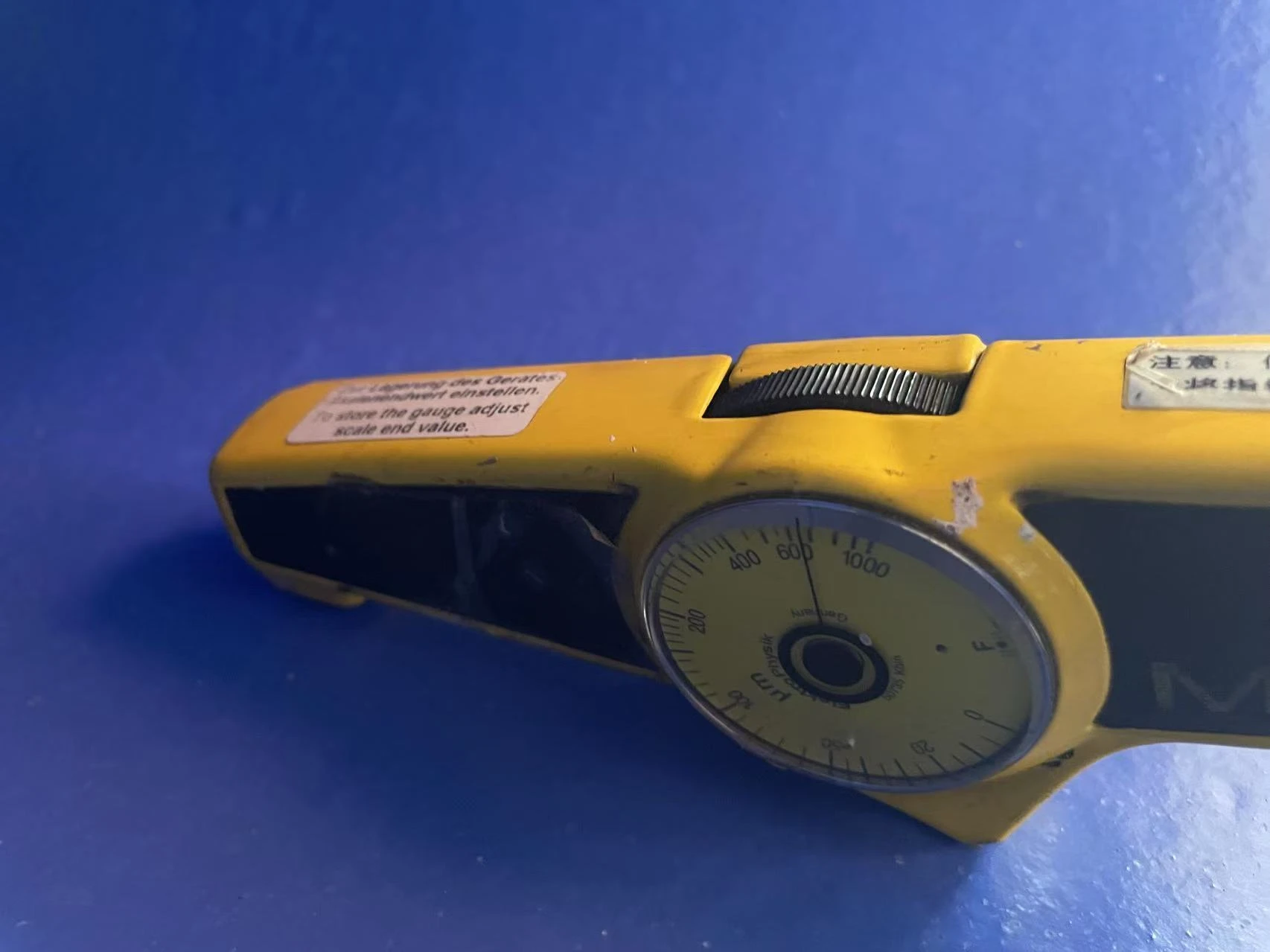
(bore well casing pipe cost)
FAQS on bore well casing pipe cost
Q: What is the average bore well casing pipe cost?
A: The average bore well casing pipe cost ranges from $5 to $20 per foot, depending on material and diameter. PVC pipes are usually cheaper than steel. Local market rates may vary.Q: What factors affect the bore casing pipe cost?
A: Material type, pipe diameter, and installation depth mainly influence the bore casing pipe cost. Brand and regional labor rates also play a role. Higher quality pipes typically cost more upfront.Q: How do bore well casing pipe cost and quality relate?
A: Generally, higher bore well casing pipe cost means better durability and efficiency. Quality pipes reduce maintenance and ensure water purity. Choosing the right pipe is crucial for long-term performance.Q: Are there cost differences between PVC and steel bore well casing pipes?
A: Yes, PVC bore well casing pipes are often more affordable than steel ones. Steel pipes provide better strength but cost more. Your choice affects both initial and maintenance costs.Q: Can the bore well casing pipe cost be reduced with bulk purchases?
A: Purchasing bore well casing pipes in bulk typically lowers the per-unit cost. Suppliers may offer discounts for larger orders. It's a cost-effective option for bigger projects.Post time: Jul . 08, 2025 06:13










